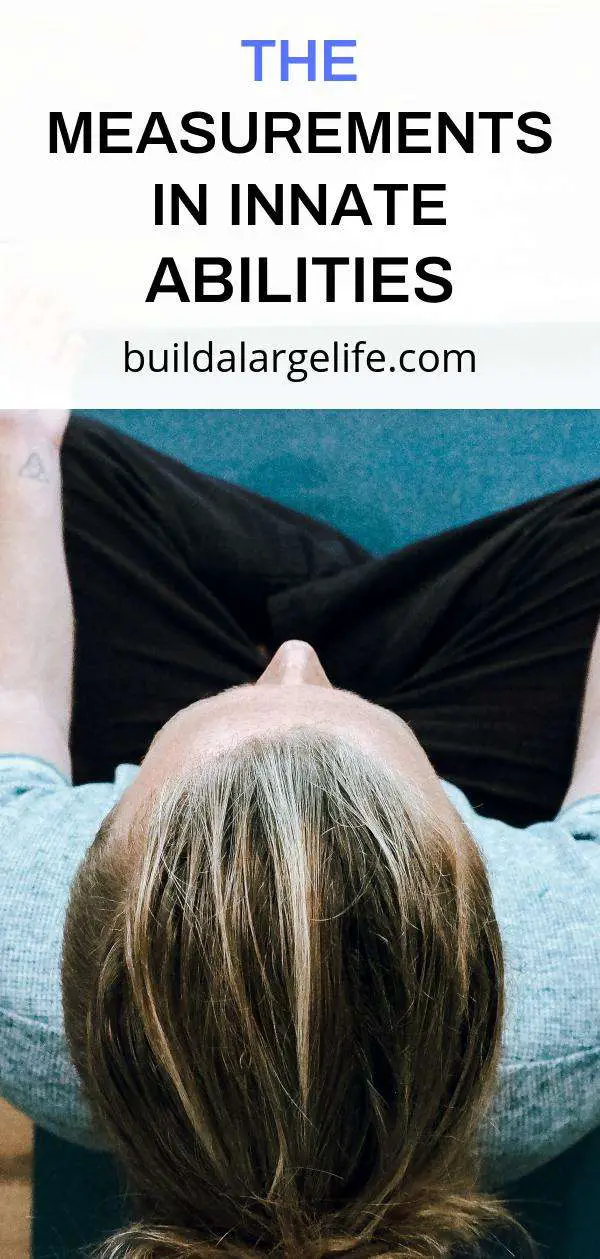The Measurements in Innate Abilities
How some of the latest brain machines can benefit you with finding your innate guide to thriving on stress.
The human ability of commonalities to contact our innate masters is tantamount to of split-second it takes to become or force ourselves to loosen up.

We are giving these fight-by-flight rejoinders that oppose our greatest relax responses within our encephalon (Brain) in which triggers these reactions within our creature, or human being.
Humans tend to develop a secondary, innate spontaneous effect, or reflex, which almost produces a mirrored image of our quarrel-or-flight responses. These debilitates give us the ability to think straight. Rather than mobilizing noticeable activities, our secondary setup mobilizes our bodily resources within innate adroitness or skillfulness.
Residuum or residue responses make up our heart rate, respiration, blood increases, and our gastrointestinal tracts giving us the ability to relax and contract our muscles. This advancement develops one-hundredth percent of oxygen, which encourages natural blood flow that streams to the brain. Predominantly these types of electrical noise activities within our brain continue to change from low amplitudes to swift frequencies of field test values in which external attention gives us the ability to solve problems effectively. The changes slow, then increase roundness strongly and produces rhythmical alpha and theta waves in which characterizes attention to our innate expedience and are discovered in states of actions, such as contemplation or meditation. We know these responses as our mitigation, easing response, or the quieting reflex:
Because we are looking for a guide to thrive on stress, perhaps we can benefit by understanding direct changes that take place in the mind and focus on the areas that provide us the ability to relax.
Relax responses gives us an innate human quality in comparison according to scientist as that of traits of mammalians. According to research, after monitoring animals for a short time they had noticed that these animals would change from one state to another almost spontaneously each time. Thus, the animals would curl their tail, stretch, yawn, and fall into a restful state after immediately relaxing.
Because we as humans require relaxation, it is wisest to explore ways to relax to thrive on stress. Because we endure dramatic industrialization and urbanization changes, it seems to play large roles in our loss or inability to rest more often.
To reverse the damage caused by these changes, scientists are now developing a wide range of techniques, programs, etc that encourages relaxation.

Fascinatingly, these studies, techniques, programs, etc after opinionates have concluded that these states of mitigation responses are pleasant, and will help relieve stress. The results measure superior performance in our abilities to control mental powers.
Instinctively, when we discuss the eyeball or mind’s eye of becoming cool-directed in a tense quandary or when solving problems we illustrate the exclusive performers in various situations as having the aptitude relax more often. We are prerogative because many of these programs have proved to be sanctioned or our choice to use as a guide to thriving on stress.




